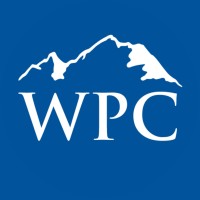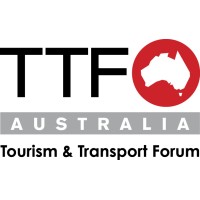
Washington Policy Center
Washington Policy Center is a non-profit, independent think tank in Seattle with offices in Olympia and Eastern Washington. WPC's mission is to improve lives through market solutions and to shape the public debate on the key issues facing Washington state. WPC promotes free-market solutions through research and education. Our research program is focused on eight areas of public policy: budget & taxes, environment, education, small business, health care, agriculture, worker rights and transportation. WPC is a dependable resource for legislators, the governor, other policymakers and the general public.






